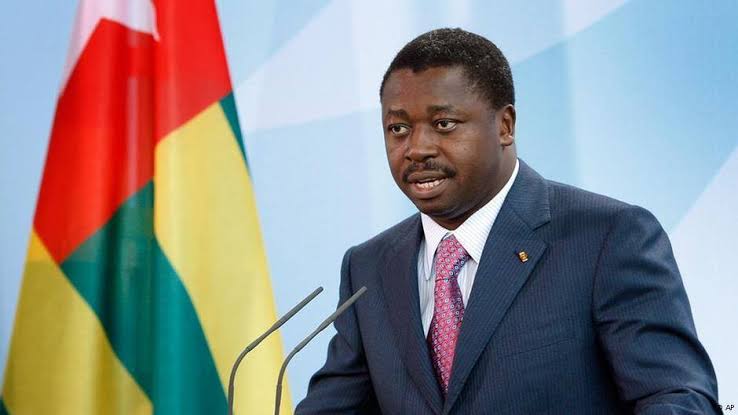
Amnesty Condemns Togo’s Brutal Crackdown on Youth Protests, Demands Torture Probe

Amnesty International has alleged that Togolese authorities tortured protesters detained during recent youth-led demonstrations and called for an immediate end to the crackdown on dissent.
In a statement released this week, Amnesty said dozens were arrested on 5 and 6 June in Lomé after taking to the streets to protest the cost-of-living crisis, government repression, and recent constitutional changes that could allow President Faure Gnassingbé to stay in power indefinitely.
The protests erupted following the arrest of popular rapper and government critic Aamron, Essowe Tchalla, on 26 May. He had posted a satirical video on TikTok calling for mobilisation ahead of President Gnassingbé’s birthday on 6 June. His arrest, which was carried out without a warrant, sparked public outrage. He resurfaced in a video days later, apologising to the president and claiming to be receiving psychiatric treatment.
Security forces reportedly used tear gas to disperse crowds near sensitive areas, including the presidential palace. According to the public prosecutor, 56 of those arrested were released on 9 June after being charged with minor offences, while at least 25 remained in custody as of mid-June. Three people are still detained, according to multiple sources.
Amnesty International said it interviewed 10 protesters detained at the Djidjolé gendarmerie. All reported being subjected to torture or other forms of ill-treatment. Victims described being beaten with cords, doused with water, forced to dance in the rain, and coerced into humiliating acts. One protester said they were ordered to sing into a megaphone that was switched off. Another reported signing documents without knowing their content.
Medical certificates seen by Amnesty confirmed injuries such as contusions on the buttocks and back muscles. Photos of some detainees also showed visible signs of abuse. One protester, detained for four days, said they were still experiencing pain in the hip and arm days after their release. Others reported being threatened over the phone after sharing their experiences online.
The government has defended the arrests, stating that the demonstrations were illegal. On 9 June, the public prosecutor accused protesters of “aggravated disturbance of public order,” claiming they had occupied streets noisily and erected barricades without declaring a public protest.
In a statement released earlier on 6 June, authorities warned that anyone spreading “unfounded information” on social media that could disturb public order would face prosecution. Some laws cited in the statement reportedly contradict international legal standards.
Protesters are demanding wide-ranging reforms, including the release of all detainees, an end to police brutality, and improvements in living conditions amid worsening economic hardship and rising electricity costs.
Amnesty International urged the Togolese government to uphold its obligations under international law, including the prohibition of torture and the right to peaceful protest.
Read More:
- Niger Seizes Control of French-Operated Somair Uranium Mine from Orano
- Nigeria’s President Tinubu Freezes Osun LG Funds, Repeating a Move He Once Opposed as Lagos Governor
About The Author
Related Articles
Tinubu Government Delays Release of Signed Tax Acts to the Public
Four days after President Bola Tinubu announced the signing of four tax...
ByMayowa DurosinmiJune 30, 2025As Tinubu Urges Africa-Caribbean Unity in Saint Lucia, Over 272 Nigerians Killed in June Alone
While Nigerians deal with deadly violence, worsening hunger, and mass flooding, President...
ByWest Africa WeeklyJune 30, 2025You Can’t Tax a Dead Economy: Nigeria Is Suffocating Under Its Own Policies
As Nigeria’s Central Bank clings to its benchmark interest rate of 27.5...
ByWest Africa WeeklyJune 30, 2025“Wike is Not a Blessing to Us, He’s a Disaster” — Workers Protest in Nigeria’s Capital Over Unpaid Wages, Poor Working Conditions
Staff members of the Federal Capital Territory Administration (FCTA) in Abuja barricaded...
ByOluwasegun SanusiJune 30, 2025












Leave a comment